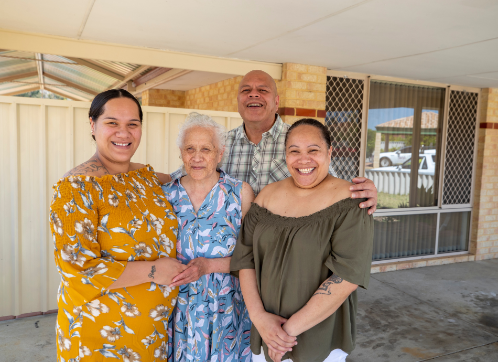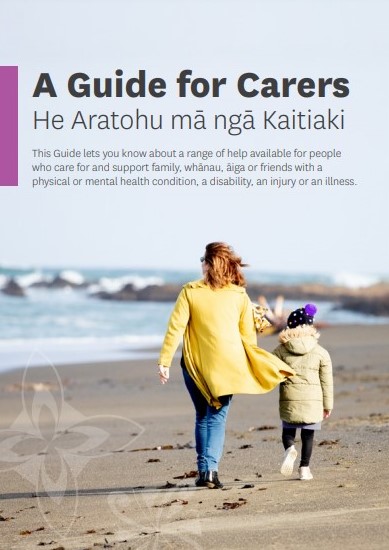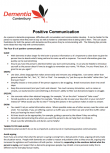Get as much information about dementia as possible. Knowledge takes away the fear of the unknown and it helps you know what to expect and what support is available.
- Speak to someone from your local Alzheimer’s NZ(external link)(external link) group.
- Seek advice from other carers and family members who are or have had similar experiences to you.
- Read books and brochures including those in our resources section.
- Ask questions of health professionals and social service agencies.
- Source reliable information from the internet such as these booklets and factsheets(external link) from Alzheimer’s NZ or this respite and residential care guide from Alzheimer’s Australia (2009) Younger onset dementia – a practical guide (pages 14–20 include useful tips for managing dementia behaviours).
- Take part in education programmes provided for carers in many areas. This can help to boost your self-esteem, reduce your stress levels and increase your ability to cope. See the Dementia Learning Centre, Alzheimer’s NZ(external link)(external link) – an hub of excellence for dementia education.









